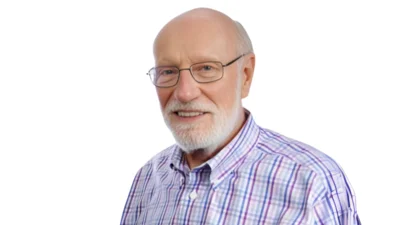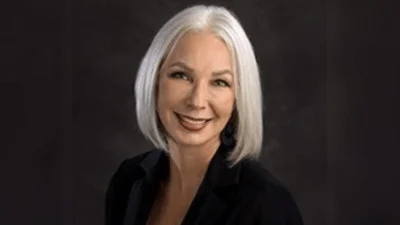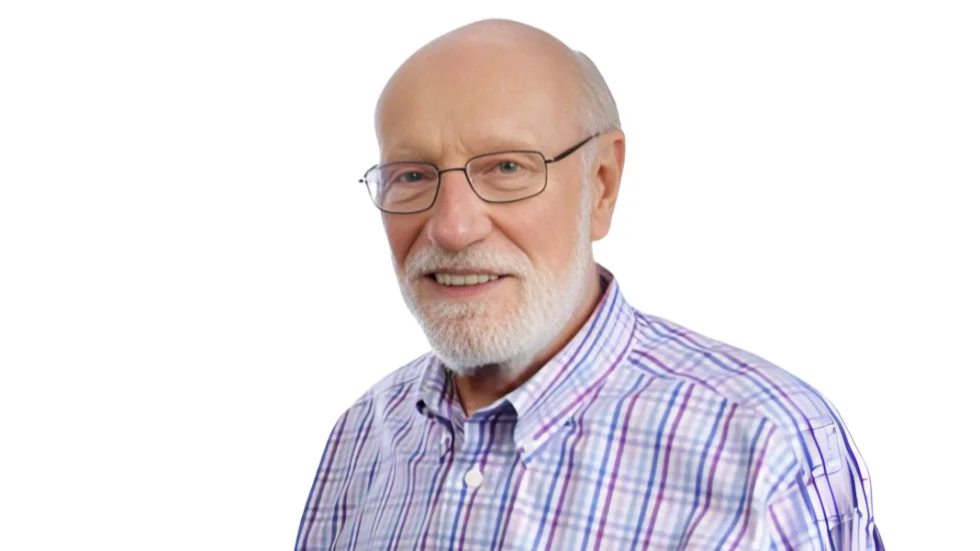Number of patients spending over $100,000 on medication triples

They report that approximately 139,000 Americans fit into this category, and that there was a 63 percent increase in patients taking $50,000 worth of medications. Specialty medications seem to be a major factor in their findings, as nine out of 10 people with $50,000 in drug costs had specialized treatment for a complex condition, and those who had drug costs of $100,000 or more often had multiple co-morbidities that increase costs significantly.
"The profile emerging from this research shows these patients are overwhelmingly taking specialty medications, and have multiple co-morbidities, prescriptions and prescribers," Glen Stettin, senior vice president for clinical, research and new solutions at Express Scripts, said. "These insights highlight clear opportunities for payers to work with their pharmacy benefit manager (PBM) to improve care, quality of life and health outcomes for the patients who rely on these costly, complex therapies."
Many of those in these categories are treating a complex condition such as cancer or hepatitis C alongside chronic illnesses such as clinical depression and diabetes. Compounded medication followed these two conditions as a contributing factor to high medication costs. This is an area that Stettin states is one that could be alleviated with limiting the use of these kinds of medication.
"Unlike high-priced hepatitis C and oncology therapies, most compounded medications add little-to-no value to patient outcomes, and in a growing number of cases, may actually put a patient's health at risk," Stettin said. "Tightly managing the use of compounded medications offers a significant opportunity for payers to improve patient safety and reduce spending."
Cancer and hepatitis C treatments make up approximately two-thirds of medication costs in those reaching the $100,000 threshold. The report also found that those in this category were found to be responsible for approximately 2 percent of total pharmaceutical costs.












 Alerts Sign-up
Alerts Sign-up